5 Common Household Items That Are Toxic For Your Pets
If you're a pet owner, it's important to be aware of the dangers that common household items pose to your pets. Some of these items may seem innocuous, but they can actually be quite harmful if ingested. In this post, we'll take a look at five common household items that are toxic for your pets and provide some tips on keeping them safe.
1. Human Medication
This is the most common household item that can be toxic for pets. For example, nonsteroidal anti-inflammatories (NSAIDs) such as ibuprofen and naproxen are extremely dangerous for pets, especially dogs. They are known to cause vomiting, diarrhea, lack of appetite, lethargy, and even kidney failure. If possible, don't bring your medications into areas where your pets spend a lot of time. On top of this, it's important to always store your medication in its original container and never leave it lying around. Also, make sure you dispose of any unused medication. It doesn't matter whether the medication has been prescribed to you or not. If it's no longer needed, dispose of it properly.
2. Lubricants and Engine Coolant
Lubricant and engine coolant can both be dangerous for pets. If ingested, the chemicals in these substances can lead to stomach upset, vomiting, and diarrhea. In some cases, they can cause life-threatening poisoning. This is especially true for engine coolant or antifreeze as it contains ethylene glycol. According to the Humane Society of the United States, up to 10,000 cats and dogs die annually due to exposure to ethylene glycol.
3. Household Cleaning Supplies
A lot of household cleaning supplies are toxic for pets. For example, chlorine bleach is toxic if ingested. It can also irritate your pet's skin. Ammonia can cause breathing problems for pets, while alcohol-based products can lead to vomiting and diarrhea. If possible, purchase pet-safe cleaners or look for natural cleaning solutions that are safe for pets. Also, make sure you store your cleaners in a place that's inaccessible to your pets. If you suspect your pet has ingested a harmful household cleaner, immediately take it to an animal emergency clinic.
4. Rodenticides
Rodenticides can be extremely toxic for pets. Keep in mind that some rodenticides (rat poisons) contain the anticoagulants warfarin or brodifacoum, while others may contain bromethalin. Symptoms of ingestion include weakness and vomiting, which may eventually progress to seizures and coma. If you suspect your pet has ingested rodenticide, take it to an animal emergency clinic immediately.
5. Human Foods
It's important to remember that many human foods can be toxic to your pets. For example, chocolate is poisonous for dogs, while macadamia nuts are dangerous for both dogs and cats.
Making sure that your pets are safe should be a top priority. Keep them away from any toxic household items. After all, it's much easier to prevent ingestion than to treat symptoms after the fact. However, if your animal does become sick after ingesting a harmful household item, an animal emergency clinic should be able to help.
We would love to be a part of your pet's wellness team, but we're here for emergencies, too. Call us to set up an appointment for your pets!
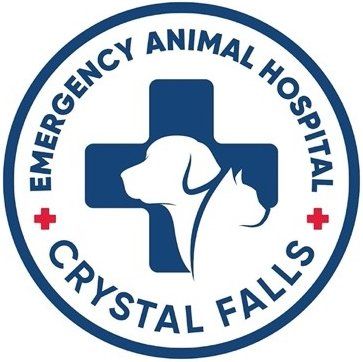
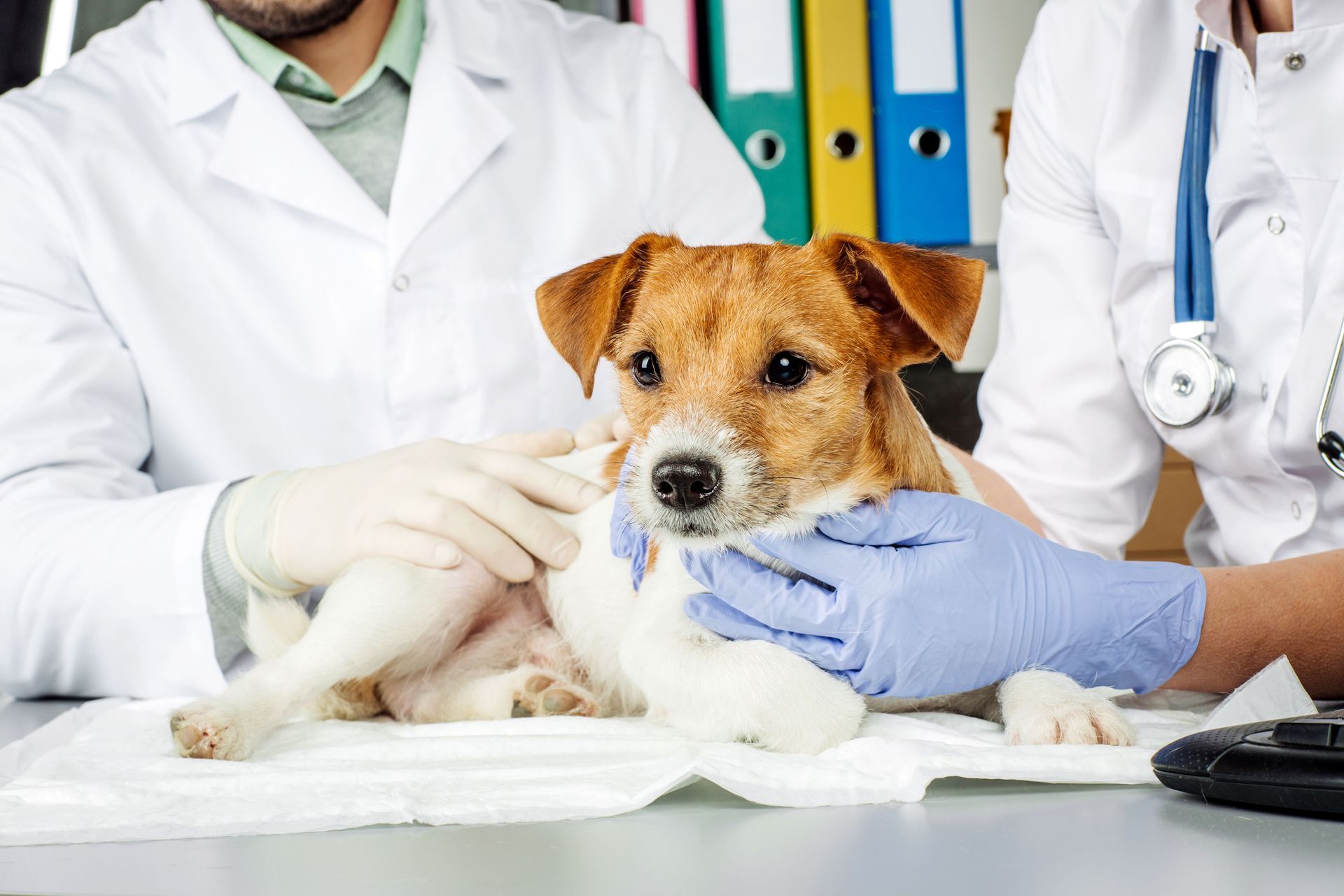
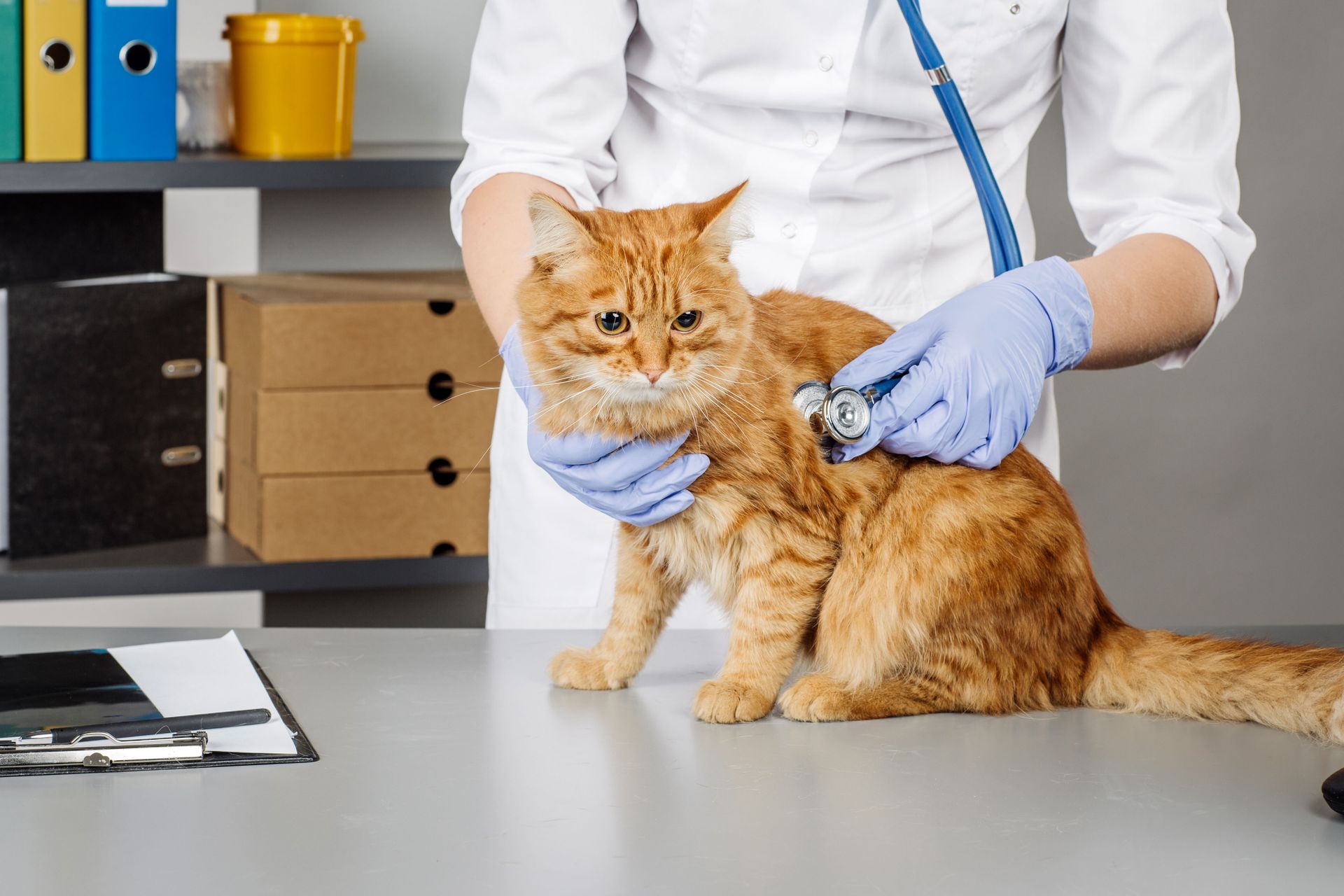
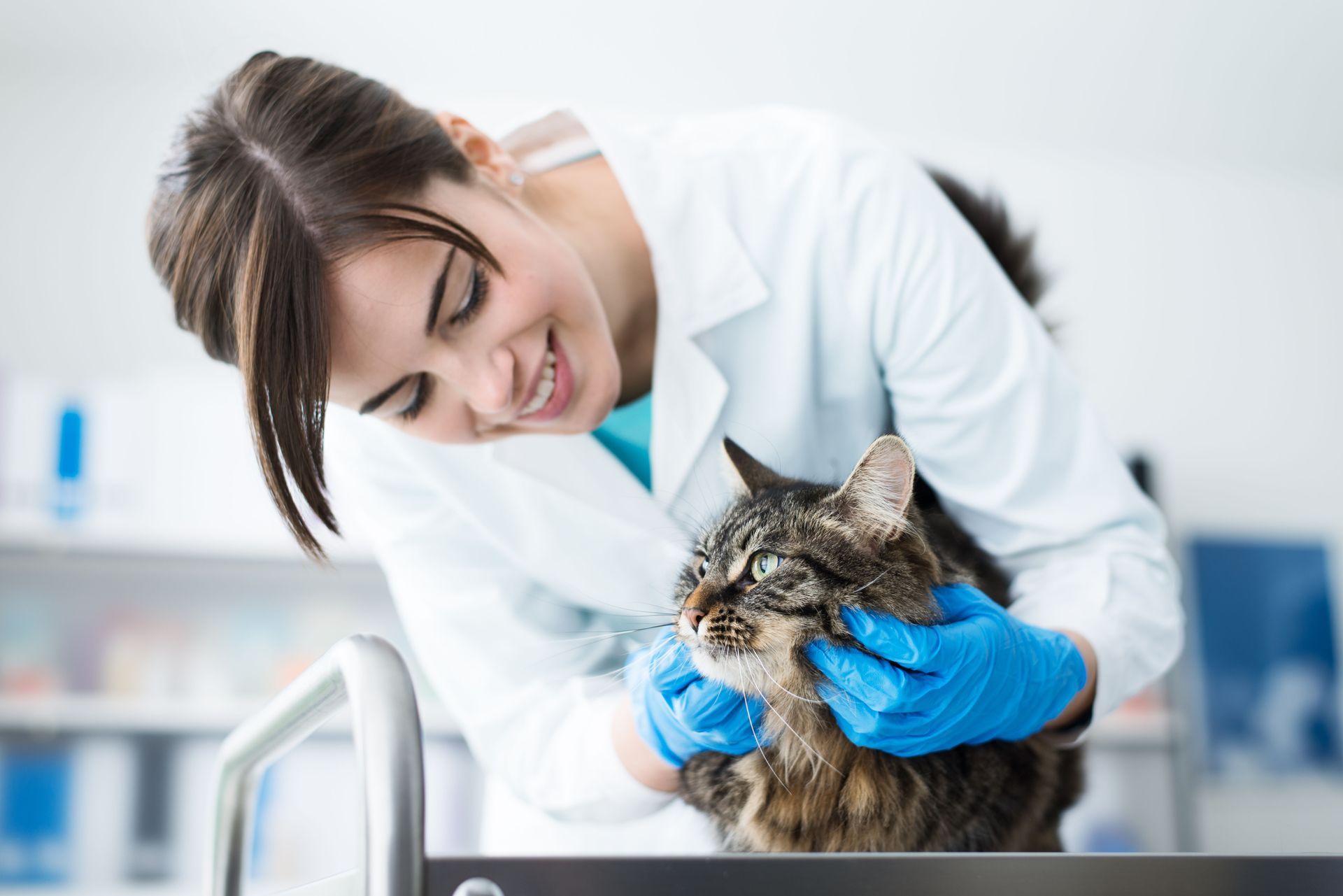
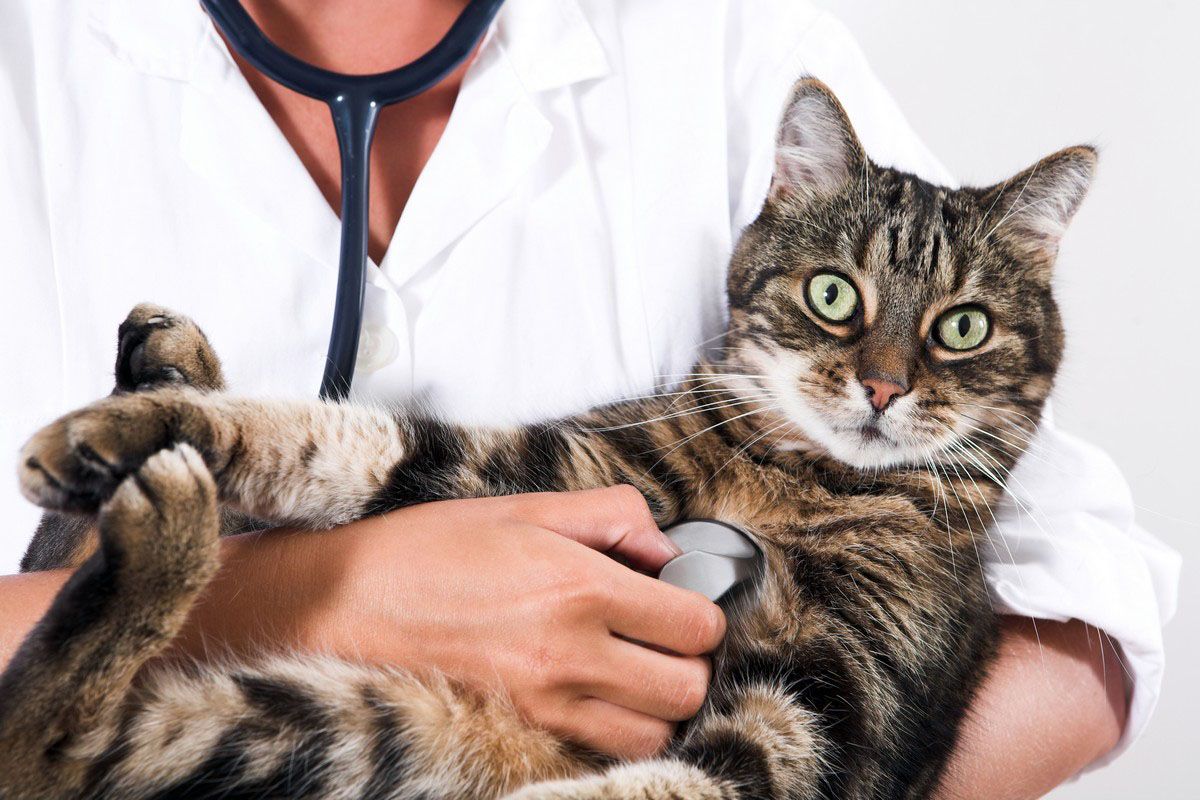
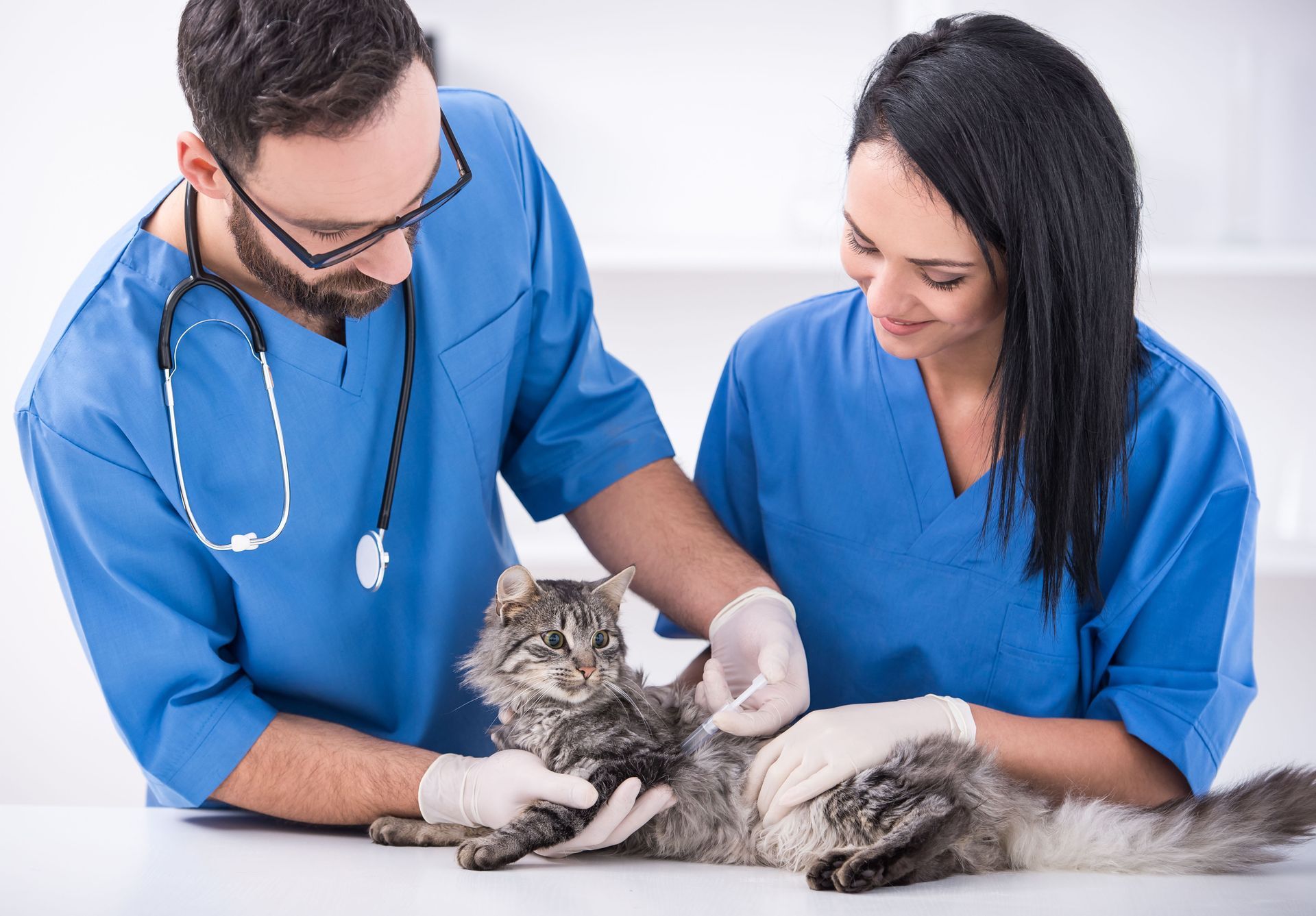
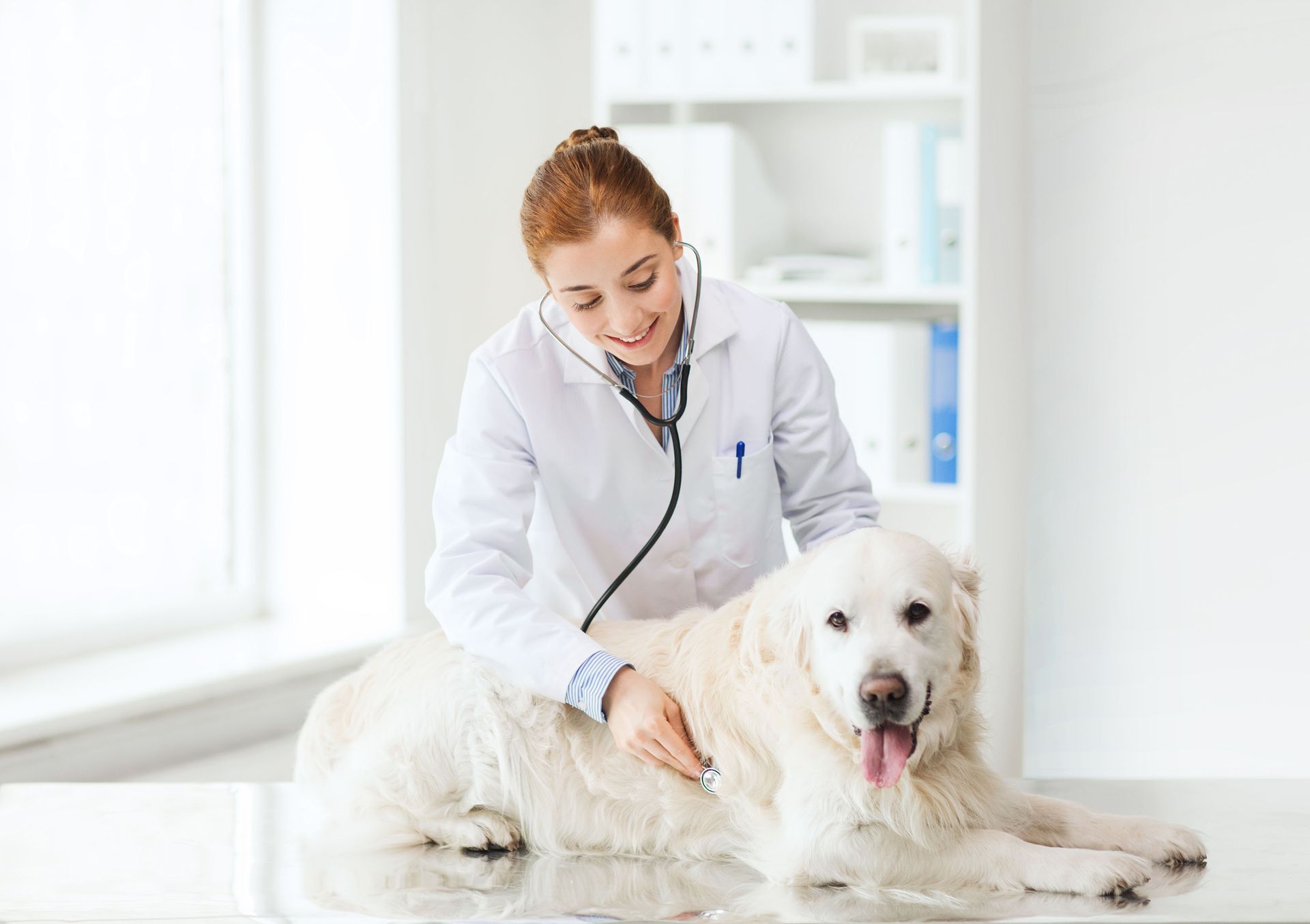
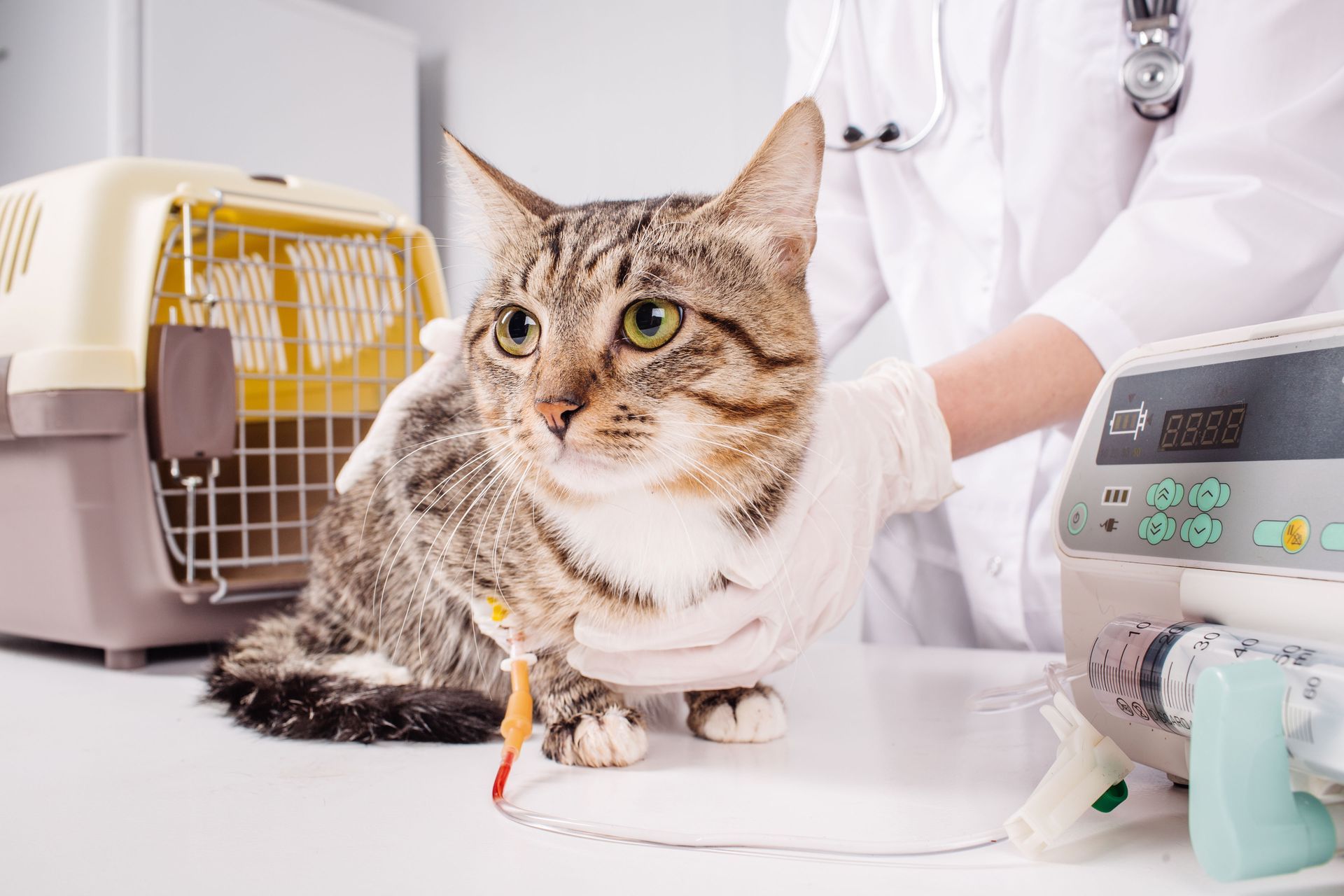
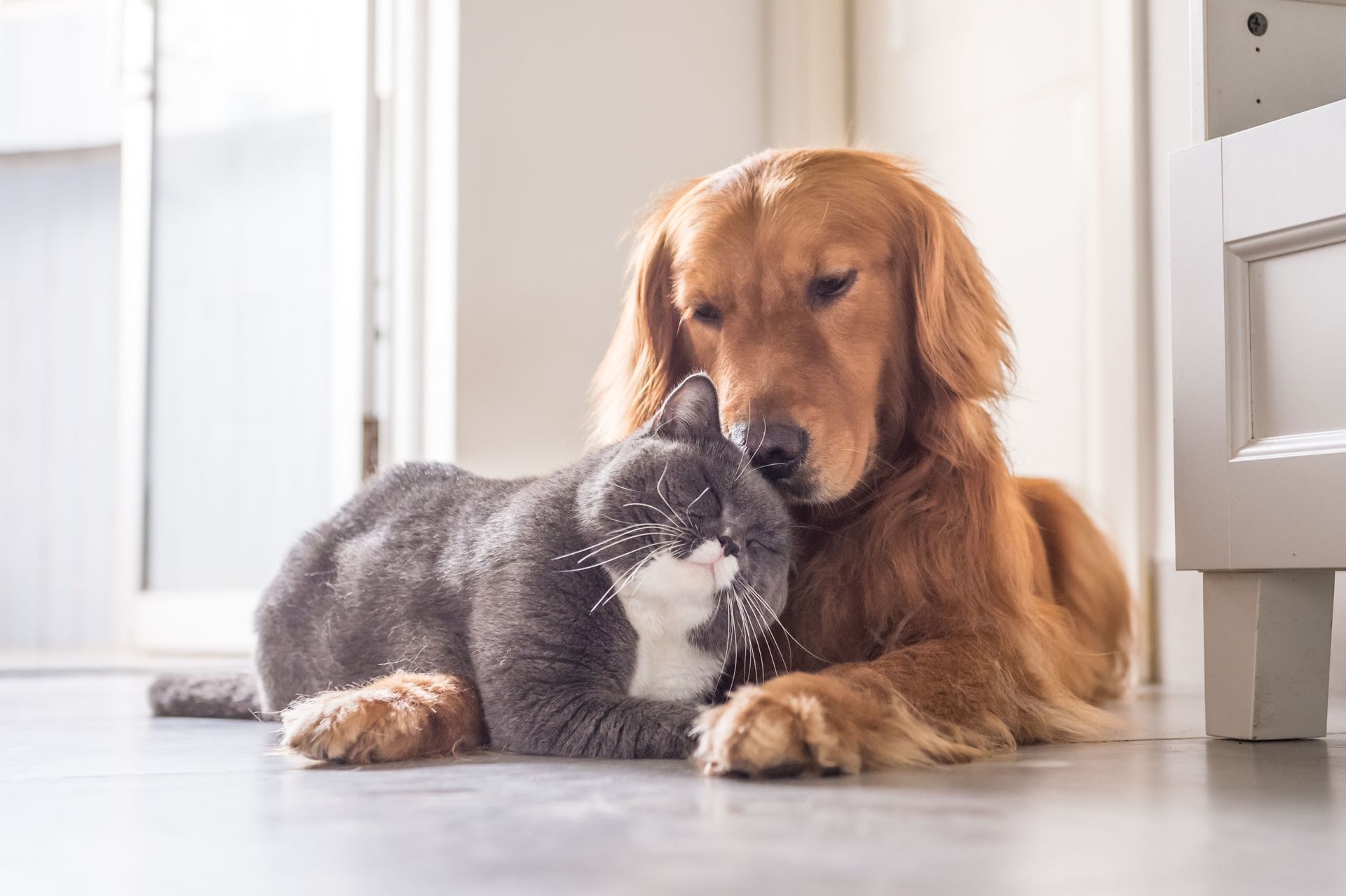
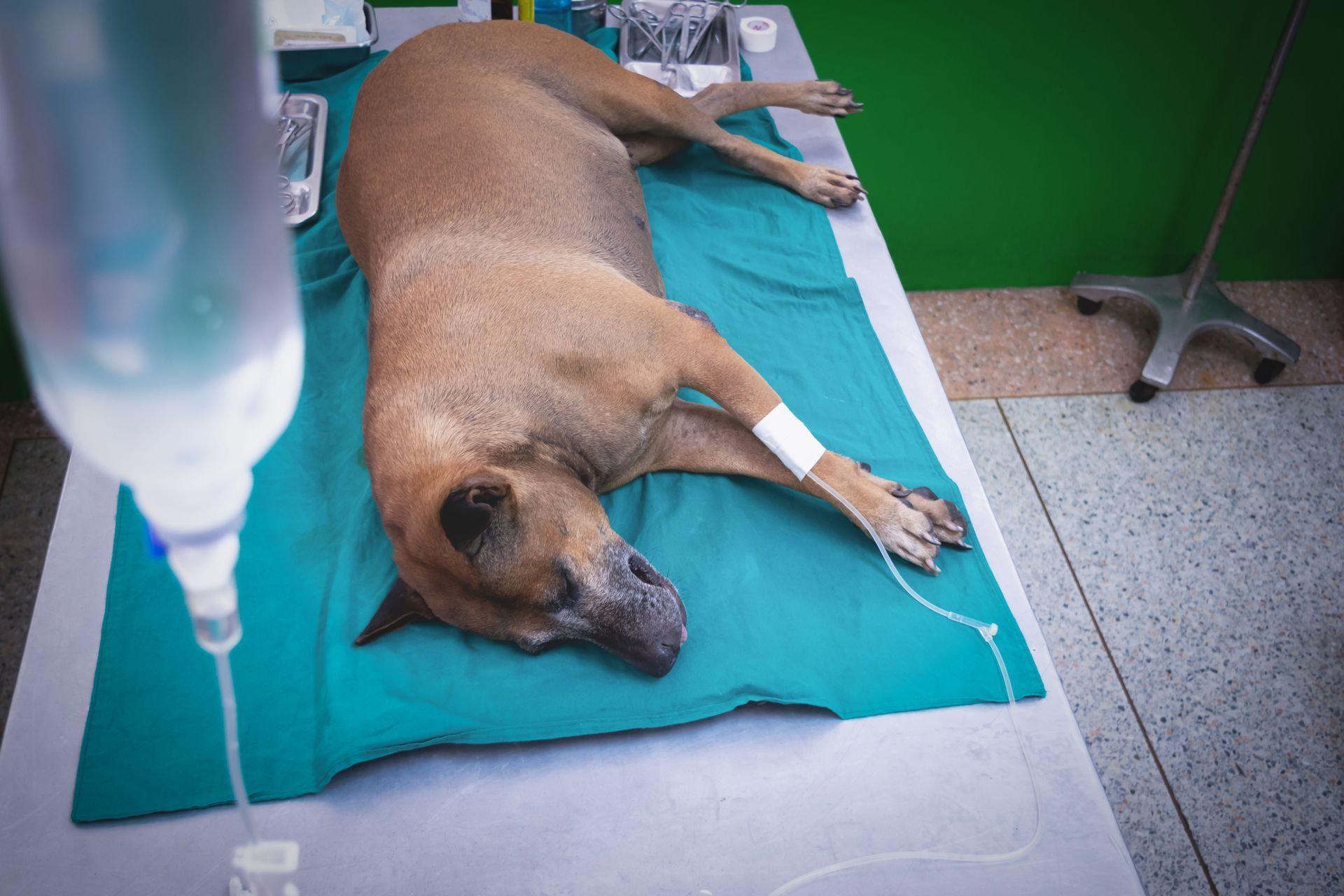
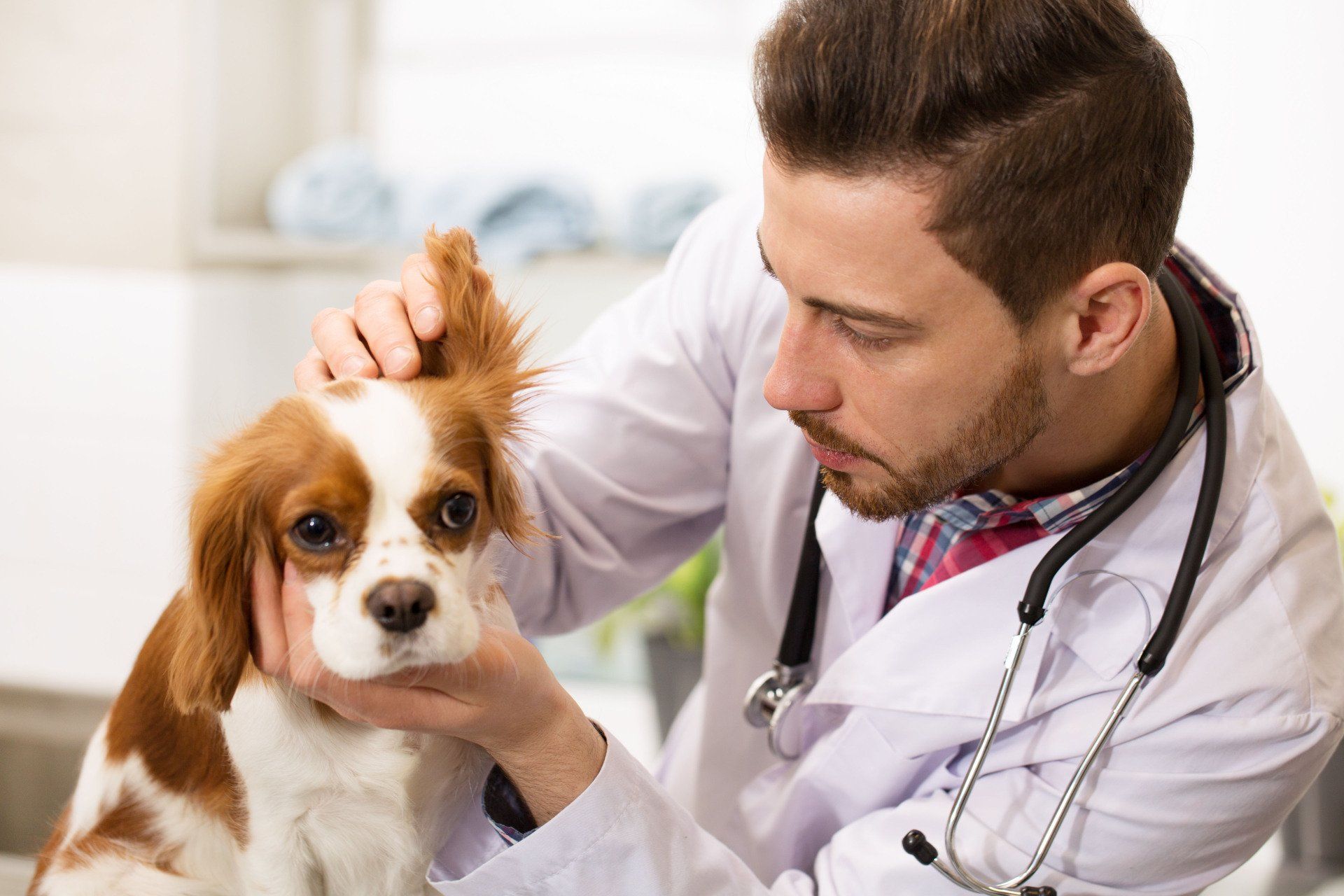
Share On: